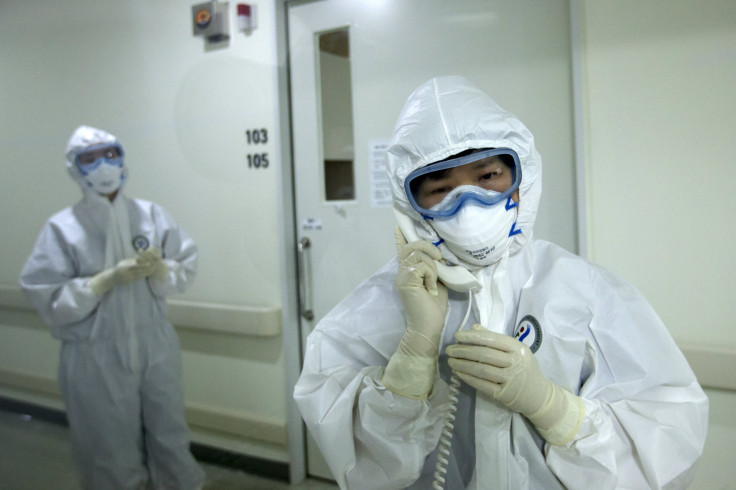South Korea MERS Outbreak: Police Charge 8 People For Spreading False Rumors About Deadly Disease

South Korean police officials have charged eight people for allegedly spreading false rumors about the Middle East Respiratory Syndrome (MERS). The deadly disease has killed nine and infected 108 people so far in the country.
Five of the eight people are suspected of falsely claiming that certain hospitals in the country are treating MERS patients. They now face charges of business obstruction and libel, state news agency Yonhap reported Wednesday. The other two were reportedly civil servants, who had released a list of suspected MERS patients in the country without taking consent from higher authorities. The eighth person has been charged with spreading false rumors while pretending to be a media professional, Yonhap reported.
The rumors were reportedly spread before Sunday when the government released a list of hospitals that were hit with MERS. The move comes amid efforts from local police officials to stop the spread of false news about the disease. Over 2,200 schools and colleges have canceled classes or temporarily shut down due to the viral scare.
Infections in South Korea have been traced back to one man who was infected after he came back from a trip to the Middle East in early May. He reportedly came in contact with other patients at a Korean hospital, where he was admitted, before being diagnosed with the disease.
Some countries around South Korea have issued advisories warning people against traveling to the country while others have increased the screening of inbound passengers. On Tuesday, the World Health Organization started work on a joint mission with South Korea to examine the spread of the virus and review the response of the country's government.
MERS, which was first reported in Saudi Arabia in 2012, is a viral respiratory illness. It had a high fatality rate of nearly 40 percent before the outbreak in South Korea. Its symptoms include fever, cough and shortness of breath. In some cases, however, people can also suffer from diarrhea, nausea, pneumonia and kidney failure, according to the Centers for Disease Control and Prevention.
© Copyright IBTimes 2024. All rights reserved.






















